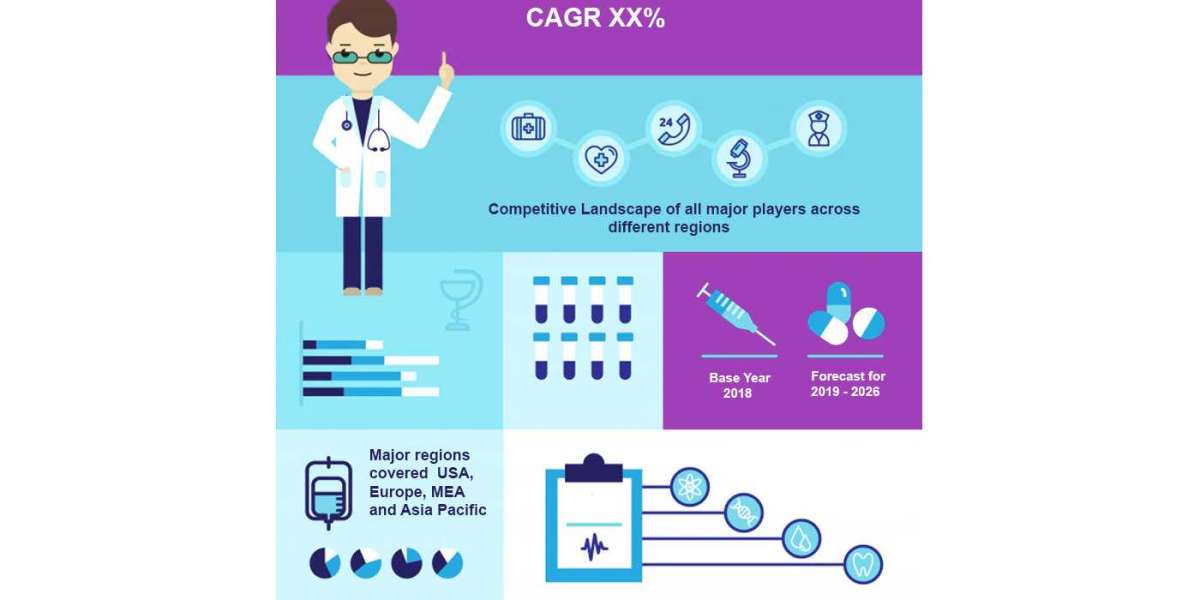Originally Published on: QuantzigBig Data – The New Chef in Town
In the realm of gastronomy, where food transcends mere sustenance and embodies emotion and journey, a groundbreaking force is reshaping traditions – big data. Departing from the reliance on human expertise, this culinary revolution introduces an unexpected player into the kitchen, infusing creativity into the crafting of delightful recipes.
Cooking AI – Precision in Creativity
Challenging the randomness concept, cognitive cooking with AI engages in sophisticated food science. Analyzing numerous recipes, it determines precise ingredient ratios for delightful outcomes. Meet Chef Watson, IBM's AI utilizing natural language processing to map relationships among quantities, ingredients, and processes, generating millions of innovative recipes tailored to human taste preferences.
Elevating the Dining Experience with Watson AI
IBM Watson evaluates recipes based on uniqueness and quality, predicting the aroma and taste of dishes by analyzing chemical properties. Its success resonates in major food chains like McDonald's, leveraging data to forecast trends and enhance menu creation.
Revolutionizing Culinary Practices with New Technology
The strategic fusion of big data with the food industry transforms every culinary aspect. From precision agriculture to real-time inventory management, technology driven by big data ensures efficiency, sustainability, and an elevated taste experience, establishing a tech-savvy food ecosystem.
Future Frontiers of Big Data in Culinary Arts
Big data is on the path to becoming the undisputed chef, evolving alongside AI and machine learning. Future scenarios include advanced analytics for consumer behavior, optimized supply chains, and personalized gastronomic experiences. Data-driven decisions will be as vital as the selection of ingredients.
Significance of Big Data in Food and Beverage
- Precision and Personalization: Craft tailored experiences based on individual preferences and dietary trends.
- Efficient Supply Chain: Streamline operations from demand prediction to inventory optimization, reducing waste and enhancing sustainability.
- Quality Control: Vigilantly monitor the supply chain to ensure only the finest ingredients reach consumers, ensuring quality and safety.
- Informed Decision-Making: Utilize actionable insights for strategic choices aligned with consumer preferences and market trends.
Adopting a Big Data Mindset for Culinary Excellence
More than a technological shift, embracing a big data approach signifies a mindset evolution. It integrates data as a valuable culinary ingredient, from understanding consumer sentiment through social media analytics to innovating menus with data-driven insights.
In conclusion, as big data takes center stage in the culinary realm, the food and beverage industry is poised for a transformative gastronomic odyssey. With data-driven precision, sustainability, and personalization, the future promises a feast of possibilities where technology and taste seamlessly intertwine.








